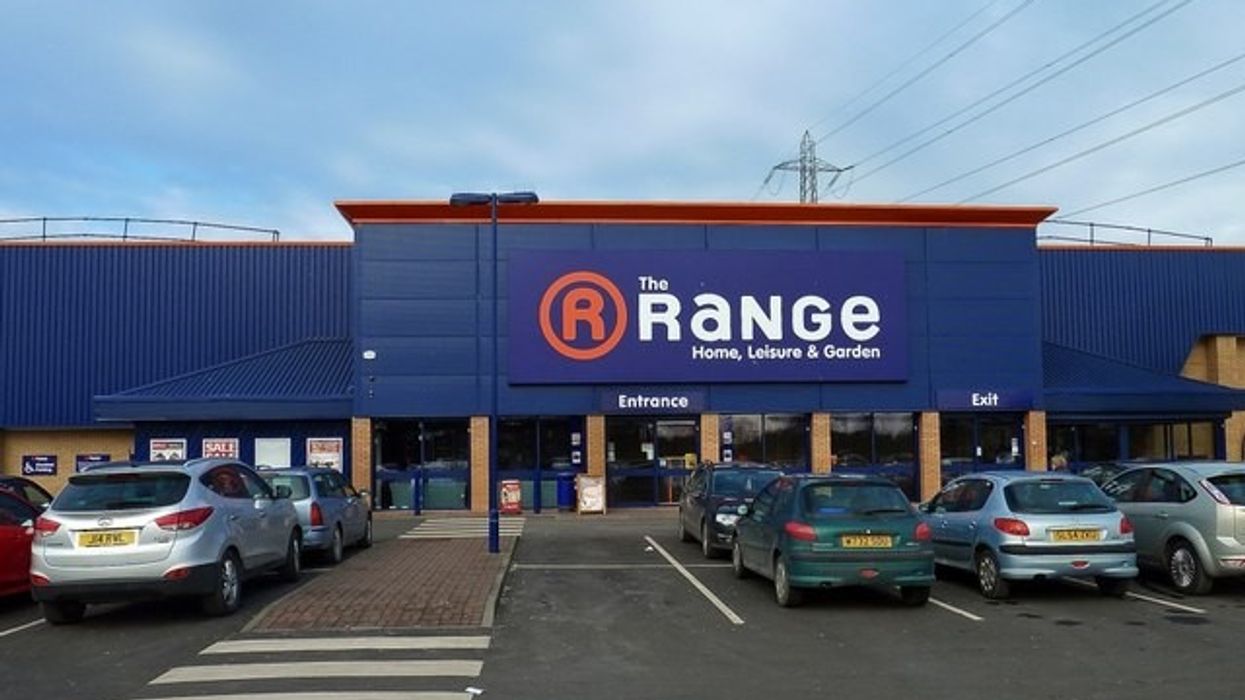A widely sold kitchen appliance has been urgently recalled due to safety concerns. The Haden 11L Stackable Air Fryer, available at Wilko and The Range, has been flagged as a serious fire hazard by the Office for Product Safety and Standards (OPSS).
The UK’s product safety watchdog said the air fryer fails to meet essential safety requirements. Tests found that the appliance’s heating element can exceed the temperature limit of 150°C, causing the outer plastic and metal parts to melt or warp. This poses a significant risk of fire and potential burn injuries.
In a product alert, the OPSS urged customers to stop using the air fryer immediately and return it to any branch of Wilko or The Range for a full refund or store credit.
A joint statement from both retailers, initially issued in February, confirmed that the recall was a precautionary measure after reports of the appliance’s casing melting during extended use at high temperatures. They warned that touching the affected areas could result in burns, and emphasised the potential fire danger.

The product in question is the Haden 11L Stackable Air Fryer with two trays, popular among consumers for its compact design and high-capacity cooking.
No injuries or incidents have been officially reported, but the recall is being treated with urgency. Customers who own the fryer are being strongly advised to act immediately.
For more details, users can visit the official websites of Wilko, The Range, or check the OPSS’s product safety recall list.





